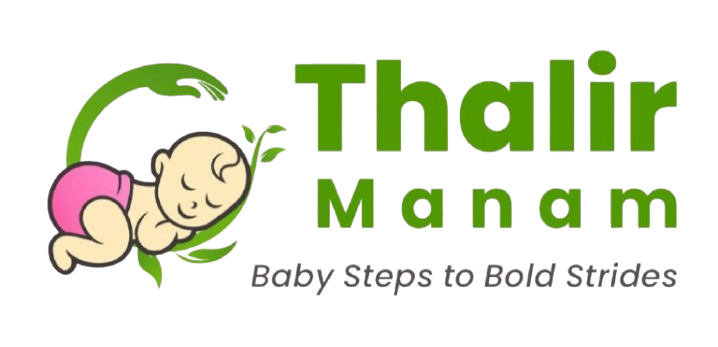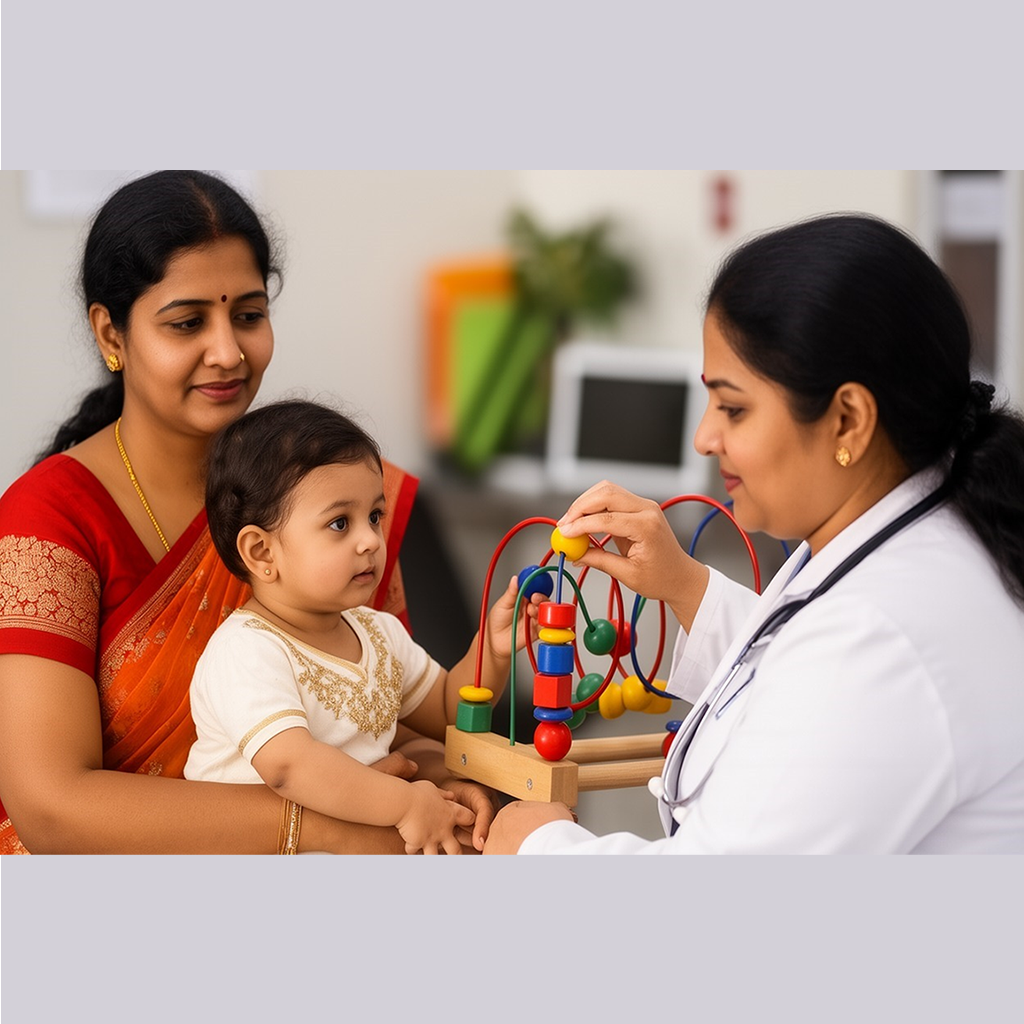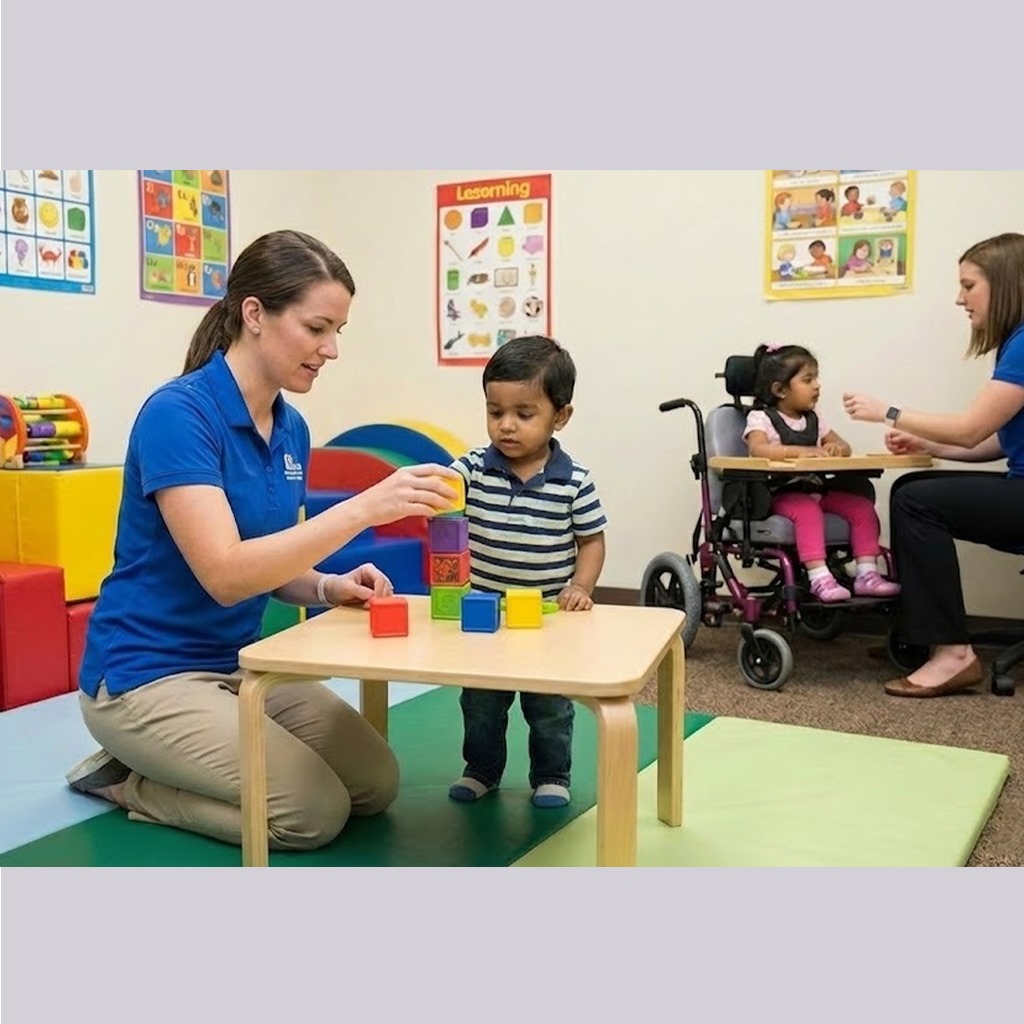Services
Our Services
We offer comprehensive, individualized support:
At Thalir Manam, we offer evidence-based therapeutic services and interventions designed to support children with diverse developmental needs. Our multidisciplinary approach ensures personalized care for every child.



